This website uses cookies so that we can provide you with the best user experience possible. Cookie information is stored in your browser and performs functions such as recognising you when you return to our website and helping our team to understand which sections of the website you find most interesting and useful.
All-Weather Horse Racing
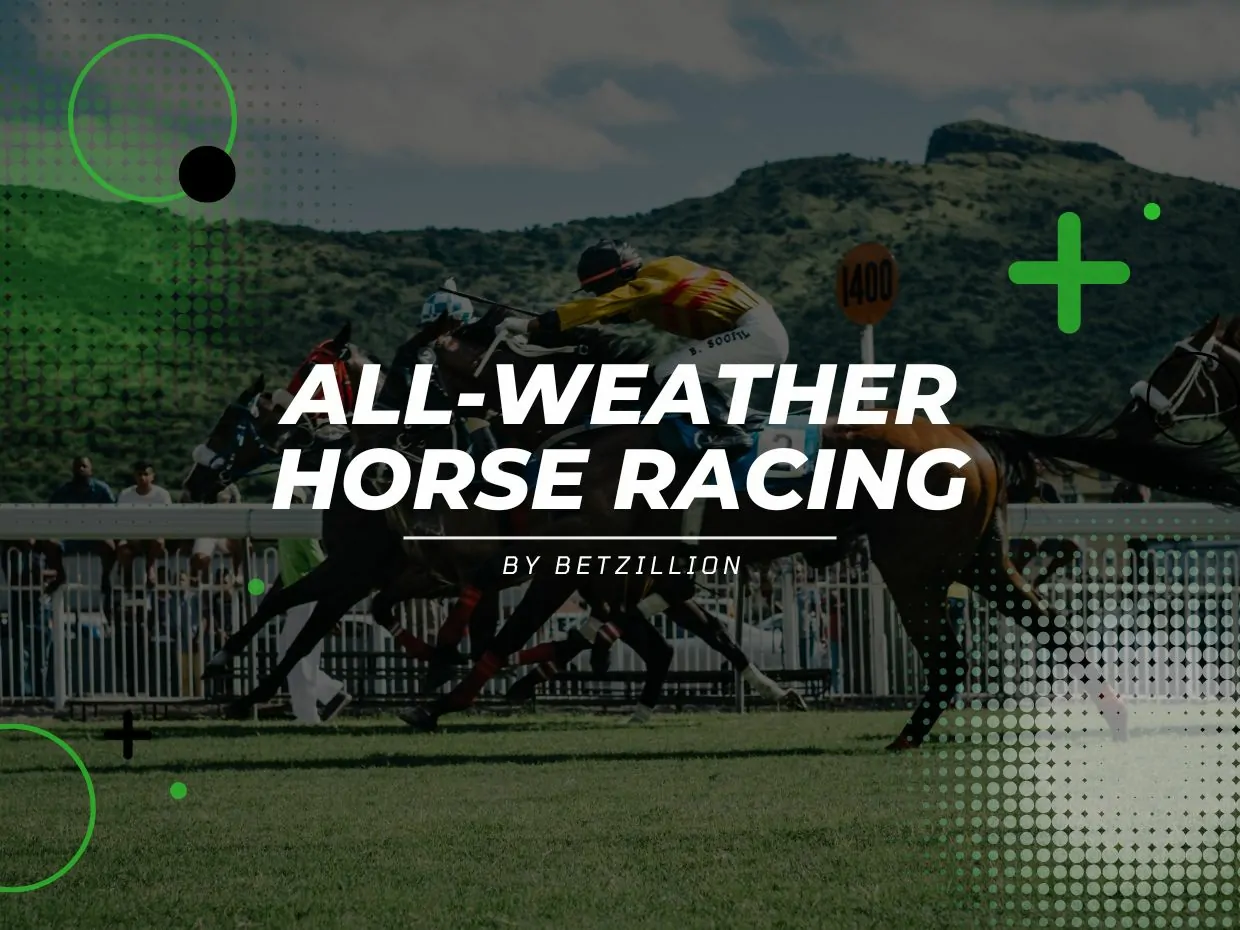
All-weather horse racing is organized on six racecourses across the UK, which have artificial tracks instead of grass and turf ones. Because of this, chances of important races throughout the winter (and also early spring) being canceled due to on-track frost is reduced to a bare minimum.
So, it makes it perfect for bettors who enjoy placing horse racing wagers all season long. If you’re an avid horse racing punter, you can lean on the reliability of all-weather racing schedules, as there have been no canceled events so far. Wolverhampton alone hosted over 70 races back in 2022. Other tracks regularly feature 50+ events per year. If you’d fancy the dependability of betting without weather-incurred delays, our BetZillion team will show you where to find these.
Most Popular UK All-Weather Horse Racing Tracks
When all-weather racing was first introduced in the 1980s, it had a bad reputation. It is because it was initially designed for jumps, especially in winter. However, more horses became lame from all-weather racing events, hence an increase in flat racing. Trainers and owners believed that such events were only for low-grade horses.
Luckily, this view has changed drastically over the years. Today, various high-quality horses participate in the annual UK horse racing all-weather championship events. There are six popular all-weather racing tracks: Chelmsford, Kempton, Lingfield, Wolverhampton, Newcastle, and Southwell, which are quite popular among those who like to bet in the UK.
All-Weather Horse Racing Tracks Surfaces
Unknown to many, there are different surfaces on all-weather horse racing tracks. The most popular ones include the following:
Polytrack
Manufactured by Martin Collins Enterprises, a UK-based company, Polytrack racing tracks are considered the best because they offer a fair, safe, fast racing ground with little kickback.
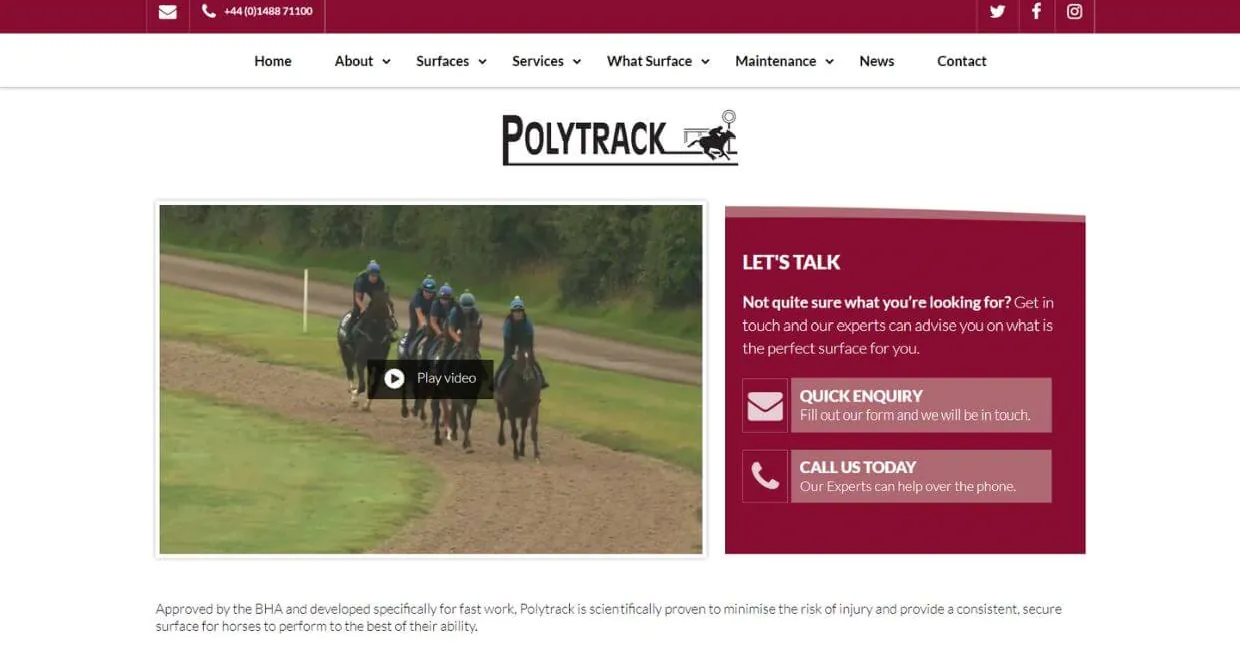
You can find Polytrack surfaces in Kempton, Lingfield, and Chelmsford. These surfaces consist of a wax-coated combination of recycled fibers like carpets, rubber, and silica, preferred among jockeys, trainers, and owners.
Fibresand
As its name suggests, Fibresand consists of a sand base and plastic known as polypropene, making it a heavier, deeper, and slower all-weather racing surface.
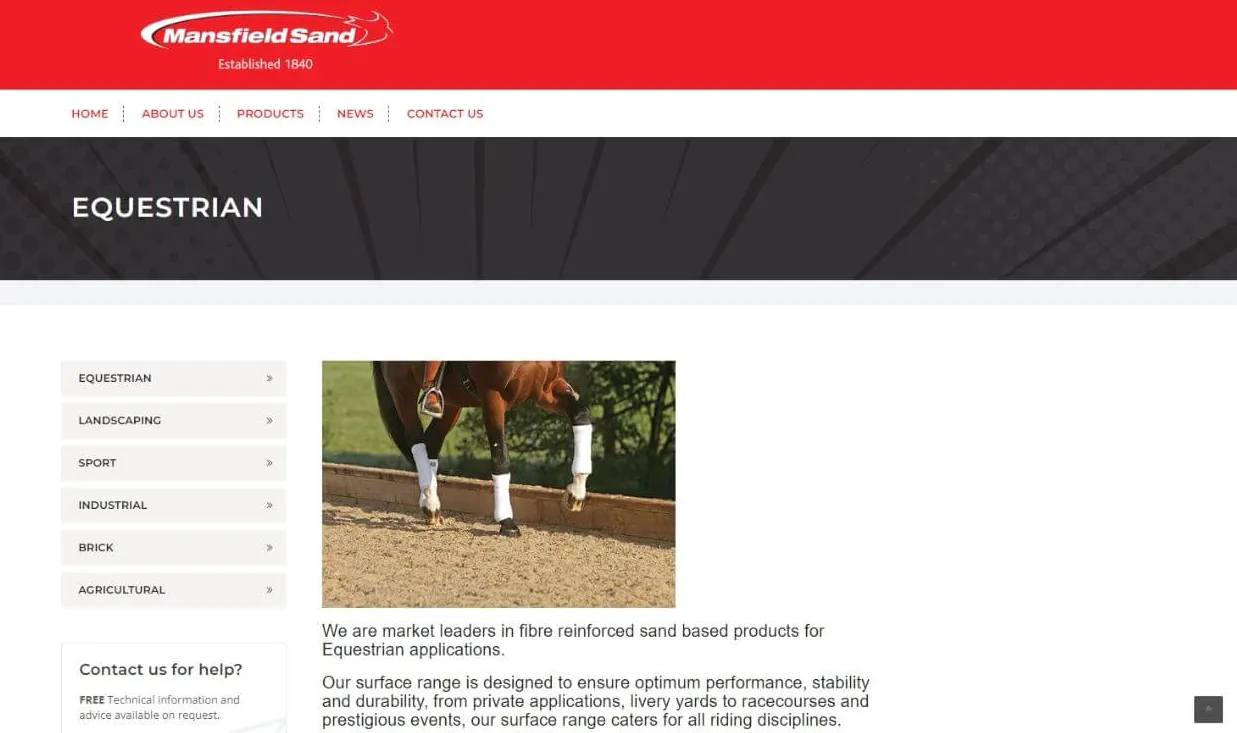
Manufactured by the UK firm Mansfield Sand Company, it takes much more effort for the horses as it produces plenty of turf kickback. Nonetheless, some horses love racing on Fibresand compared to other all-weather horse racing tracks.
Tapeta
Another type of surface of horse racecourses is Tapeta, which resembles Polytrack. Many consider this surface more versatile than Polytrack and cause little to no kickback.
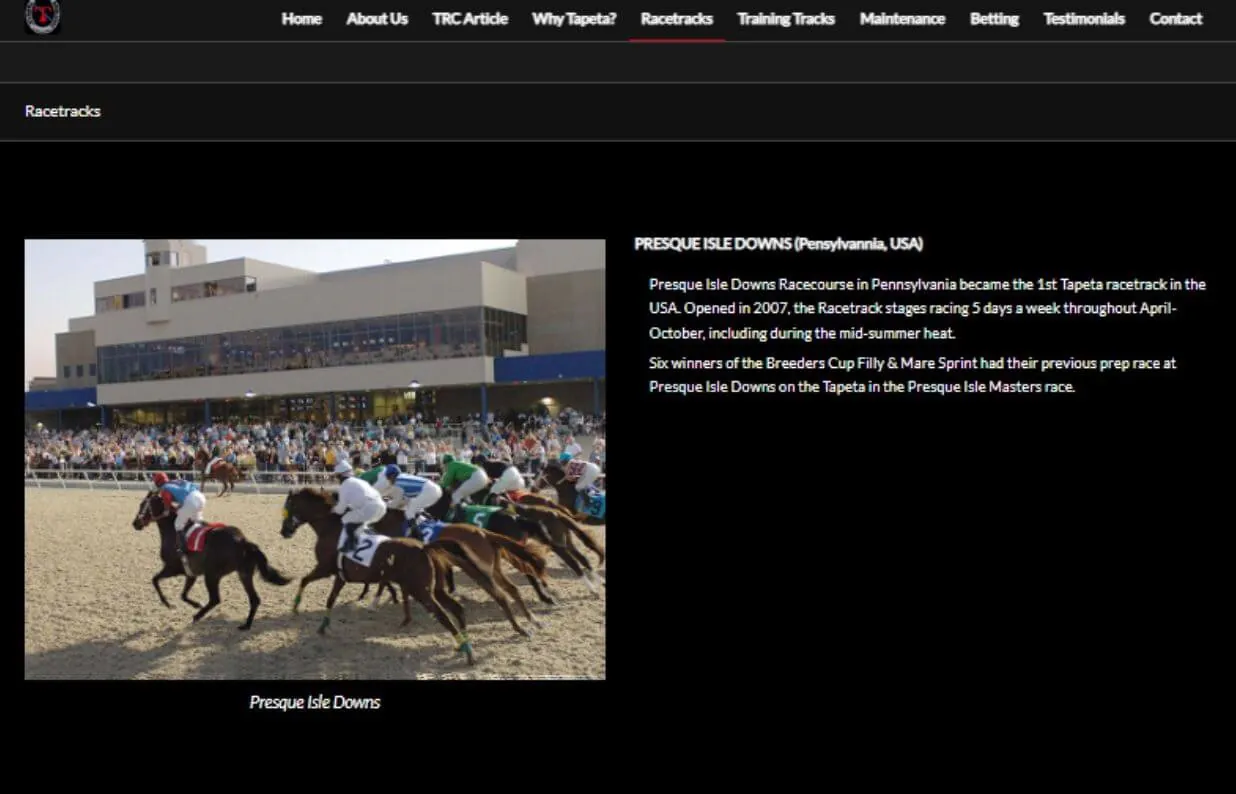
This surface could be similar to good or soft on a traditional turf track, thanks to its fair surface. However, the softness of the path depends on how the course clerk sets it.
Popular UK Horse Racing All-Weather Competitions
Although the popularity of all-weather racing is increasing in the UK, no horse racing showpiece events take place on all-weather horse racing tracks in the UK. Thus, mainstream racing events like the Grand National Meeting and the Cheltenham Festival happen on turf grounds. Likewise, flat racing competitions like Royal Ascot, the Ebor, Goodwood, and Group 1 and Group 2, occur on traditional turf grounds.
That is not to say that there are no all-weather racing events that you should look out for. You can find several sports Group 3 races on all-weather racing tracks. For instance, the September Stakes at Kempton and Wingfield’s Derby at Lingfield only happen on such tracks.
In 2013, the Arena Racing Company, which owns four of the six all-weather horse racing tracks in the UK, launched the All-Weather Racing Championship. This All-Weather Racing Competition features a series of races throughout the season, eventually leading to the All-Weather Championships Final Days in Lingfield. All-weather racing stats show that this single day of events has an estimated value of £1m, making it the most lucrative event in the UK.
Races held on this day include:
- Mile Championship
- Marathon Championship
- Sprint Championship
- 3-year old Championship
- Middle Distance Championship
- Fillies & Mares Championship
It is worth noting that the all-weather horse racing season for the championship events usually begins in mid-October and ends at the start of April.
What are the Pros and Cons of Racing on an All-Weather Track?
There are many benefits to racing on an all-weather track, just like there are drawbacks. The section below lists the advantages and disadvantages of all-weather tracks.
| PROS | CONS |
|---|---|
|
PROS
|
CONS
|
Final Words
The all-weather racing systems continue to thrive as more and more people join its trendy wave. However, many owners, jockeys, and trainers believe that turf grounds are the best for horse racing. Nonetheless, the UK horse racing market is embracing all-weather racing, and we expect to see an increase in its market share in the next few years. Thus, equip yourself with accurate all-weather racing sports betting tips and watch your bet earn a considerable payout.
Frequently Asked Questions
-
What does all-weather mean in racing?All-weather refers to a racecourse with an artificial surface that is functional throughout the year.
-
How many all-weather race tracks are there in the UK?There are 6 all-weather race tracks in the UK, including Kempton Park, Chelmsford City, Wolverhampton, Southwell, Newcastle, and Lingfield Park Resort.
-
What is an all-weather-racing fiber surface?The Fibre surface is an all-weather racing track with polypropene and a sand base. It causes plenty of kickbacks and is slower than Tapeta and Polytrack.
-
Still have questions?
Ask our experts



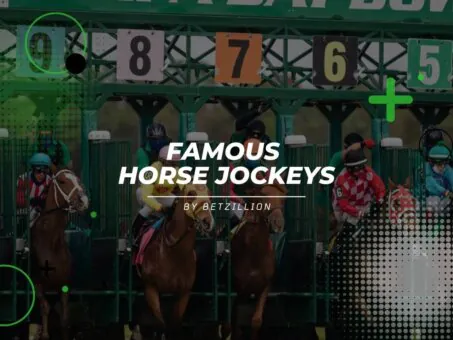



How does the payout differ for all-weather horse racing compared to traditional races?
Payouts in all-weather horse racing can be similar to traditional races, but they may be influenced by factors like field size and betting volume, leading to potential differences in odds and returns.
Is all-weather horse racing less competitive than turf racing?
All-weather horse racing can be less competitive than turf racing, but it often features a mix of experienced and novice horses, making competition levels vary.
Are all-weather races held year-round?
Yes, all-weather races are held year-round, providing consistent racing opportunities regardless of weather conditions.
Can you share more specific examples of successful horses on these tracks?
For example, Wenyerreadyfreddie on Polytrack, Luca Cumani's runners on Fibresand, and Caspian Prince on Tapeta.